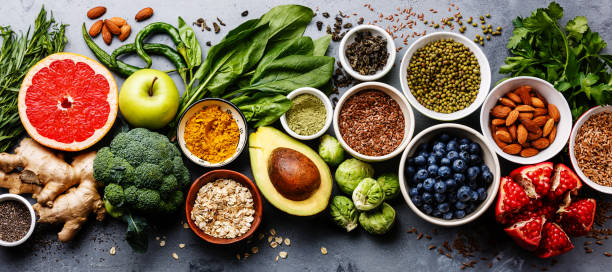What is a Vegan diet?
Every year we found more and more people following this diet. To be a Vegan it is considered a way of life which attempts to exclude all forms of animal abuse al cruelty. That includes for food, clothing or any other purpose. People choose to follow the Vegan diet for various reasons, and they can all be from personal, ethical or environmental.
What types of Vegan diets are there?
There are different kinds of Vegan diets.
We will describe a few of them as they may not be considered as a specific diet, but other will have there own diet page:
- Whole food: this diet is the most complete as it includes vegetables, fruit, grains legumes, seeds and nuts.
- Raw diet: as the name says, you consume only raw food, like vegetables, fruit, nuts seed.
- 80/10/10:it divides the diet in 80% carbs, 10% fats and 10% protein.
- Junk vegan food: this means you eat all processed food that you can buy in the supermarket or shop.
How to start
As the years pass the vegan diet is becoming more popular, as for many diets, you can have two methods to transition, have a gradual approach or make a drastic change.
If you feel ready to leave all behind and start fresh, a drastic change is great, it does take more effort as you will need to plan ahead and break old habits.
On the other hand if you don’t feel ready for a drastic start, then make the change gradually by choosing related diets at first and take your time to transition to full vegan.

Pros
- If you make good choices, the cost of the diet is low.
- Health benefits (Better skin, low cholesterol)
- Longer life expectancy
- Reduces the risk of disease
- Weight loss
- You learn to eat better
- No animal impact
- It is an environmental friendly diet
Cons
It can give you nutrient deficiency
- You have a limited food choice
- It may be difficult to eat out, but not impossible
- Not everyone understands what it means been vegan and it may isolate you from people
- Requires commitment.
- May be difficult to start
Side effects
- Deficiency B12, Iron and Omega 3
- Leaky gut issues
- Low energy if not followed appropriately
- Hormone disruption
- Higher risk of having an eating disorder
- Depression
What to eat
When you are on a vegan diet, your main food source are the plants. And this includes:
- Fruits and vegetables
- Legumes
- Nuts and seeds this includes nut butter
- Hemp, flax and chia seeds
- Tofu
- Breads, rice and pasta that does not have egg
- Calcium fortified plant milk and yogurt
- Dairy alternatives like, coconut milk, almond milk, soy milk
- Seaweed
- Nutritional yeast
- Sprouted and fermented plant food
- Whole grains, cereals and included pseudocereals
- Choline rich food
- Vegetables oils
What not to eat
As a Vegan, you are not allowed any food that are made from animals, like:
- Beef
- Pork
- Chicken
- Fish
- Other animals
- Shellfish
- Eggs
- Dairy: milk, yogurt, cream
- Cheese
- Butter
- Honey
Table of Contents
Related Posts
Keto Diet
One of the most popular diets of all times.
Known to be a low carb, high fat diet. It has been around for many decades, but has just in the recent years become more popular.
Calorie Deficit
As by its name, it is all about reducing calories. Basically consuming less calories that your body needs.
Intermittent Fasting
Intermittent fasting is more focus on when to eat and not so much on what to eat.
It is an way to alternate the eating period and the fasting period.
5:2 Diet
The 5:2 diet is a combination of eating normal and having fasting periods, great to start in the fasting world.
